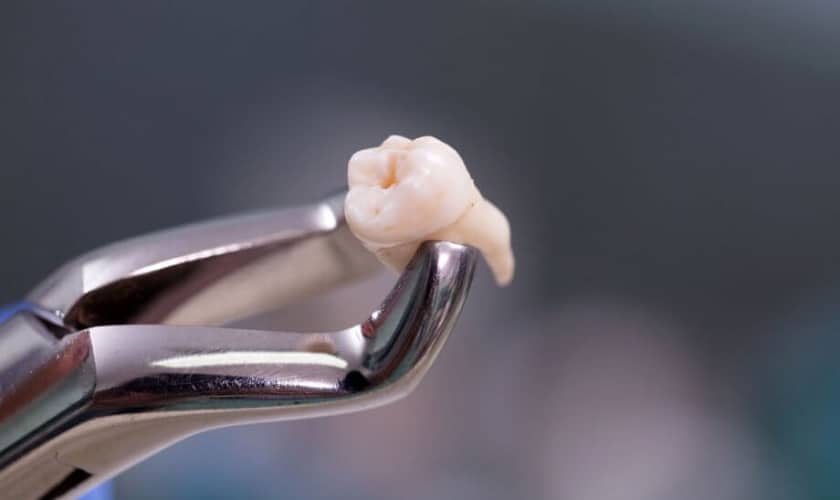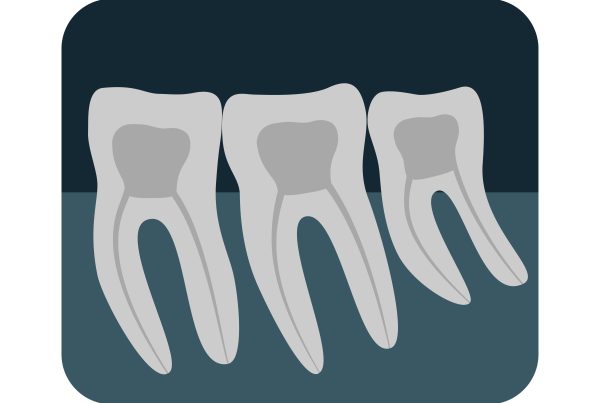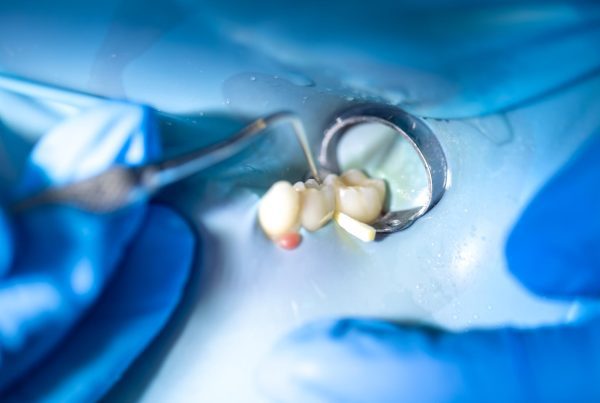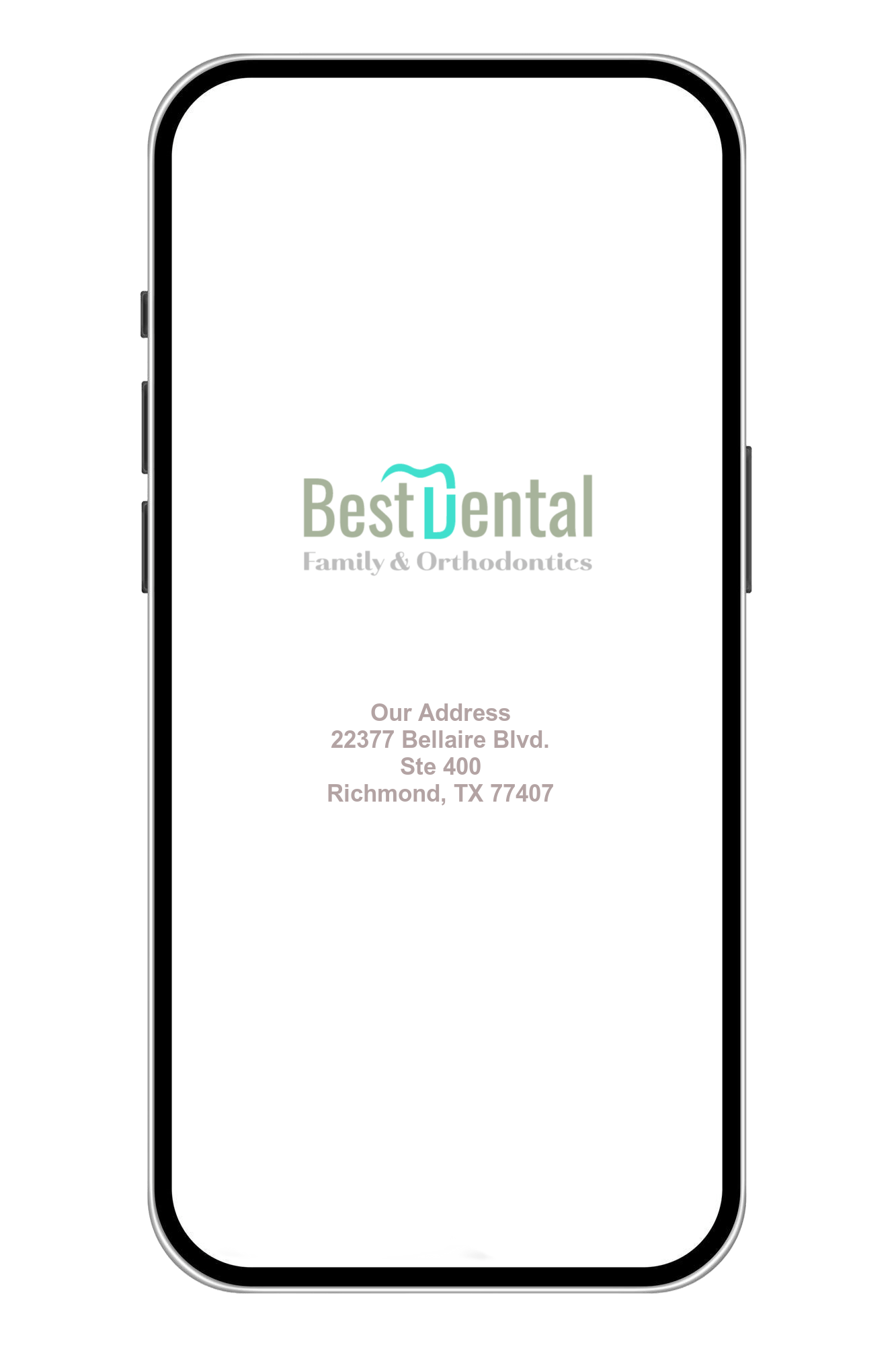How To Treat Dental Decay Associated With Wisdom Teeth
Wisdom teeth, also known as third molars, typically emerge in the late teens or early twenties. While they can be a valuable asset to the mouth when healthy and properly aligned, they often require removal due to various issues such as impaction, overcrowding, or decay. Wisdom tooth decay, a common dental problem, occurs when bacteria attack the enamel, causing cavities or infection. Treating decay in wisdom teeth involves a combination of preventive measures, such as good oral hygiene practices, and professional interventions, including dental fillings, root canals, or in severe cases, extraction. Effective treatment not only alleviates pain and discomfort but also preserves the overall health of the mouth, preventing potential complications. In this article, we'll delve into the causes, symptoms, and treatment options for wisdom tooth decay, providing insights into maintaining optimal oral health.

What are wisdom teeth, and why do they often require treatment for decay?
Wisdom teeth, or third molars, are the last set of teeth to emerge in the back of the mouth, typically appearing in the late teens or early twenties. Historically, these teeth played a crucial role in our ancestors’ diets, which often consisted of tougher foods. However, with modern dietary changes and advancements in oral hygiene, wisdom teeth have become largely unnecessary and often problematic. Due to limited space in the mouth, these latecomers can become impacted, meaning they don’t have enough room to fully emerge. This impaction can create pockets where food particles and bacteria accumulate, leading to decay. Furthermore, the location of wisdom teeth at the back of the mouth makes them challenging to clean thoroughly, increasing the likelihood of decay and other dental issues. Consequently, wisdom teeth frequently require treatment for decay to prevent further complications and maintain overall oral health.
What are the common causes of decay in wisdom teeth?
The common causes of decay in wisdom teeth often stem from their late arrival and positioning at the back of the mouth. Due to limited space and their tendency to emerge at an angle, wisdom teeth may become impacted, partially erupting or remaining trapped beneath the gum line. This impaction creates hard-to-reach areas where food particles and plaque can accumulate, increasing the risk of decay. Additionally, wisdom teeth are often difficult to clean thoroughly, making them more susceptible to bacterial buildup and subsequent decay. Poor oral hygiene practices, such as infrequent brushing and flossing, can exacerbate these issues, further contributing to decay in wisdom teeth.


What are the potential complications of untreated wisdom tooth decay?
Untreated wisdom tooth decay can lead to various complications, ranging from mild discomfort to serious oral health problems. One common complication is the development of dental cavities, which can progress to deeper layers of the tooth if left untreated, causing pain and sensitivity. In more severe cases, untreated decay can lead to dental abscesses, which are painful infections at the root of the tooth. These abscesses can cause swelling, pus discharge, and even systemic symptoms like fever and malaise if the infection spreads. Furthermore, untreated decay in wisdom teeth can contribute to gum disease, bone loss, and damage to adjacent teeth, potentially necessitating more extensive dental interventions such as extractions or root canal therapy. Overall, neglecting to address wisdom tooth decay can result in significant discomfort, oral health complications, and compromised overall well-being.
What preventive measures can I take to reduce the risk of decay in my wisdom teeth?
To reduce the risk of decay in your wisdom teeth, several preventive measures can be adopted:
- Maintain good oral hygiene: Brush your teeth twice daily with fluoride toothpaste and floss at least once a day to remove plaque and food particles from hard-to-reach areas.
- Use antimicrobial mouthwash: Rinse with an antimicrobial mouthwash to help reduce the buildup of bacteria in your mouth, including areas around your wisdom teeth.
- Attend regular dental check-ups: Visit your dentist for regular check-ups and professional cleanings to detect any signs of decay or other dental issues early.
- Monitor wisdom teeth: Keep an eye on your wisdom teeth and consult your dentist if you notice any changes, such as pain, swelling, or difficulty opening your mouth fully.
- Maintain a balanced diet: Limit sugary and starchy foods, which can contribute to tooth decay, and opt for a diet rich in fruits, vegetables, and calcium-rich foods to support oral health.
- Consider preventive treatments: In some cases, your dentist may recommend sealants or fluoride treatments to protect your wisdom teeth from decay.
By incorporating these preventive measures into your oral care routine, you can help reduce the risk of decay in your wisdom teeth and maintain a healthy smile.


What are the treatment options for wisdom tooth decay?
The treatment options for wisdom tooth decay depend on the severity of the decay and the extent of damage to the tooth. Here are some common treatment options:
- Dental fillings: If the decay is minor and hasn’t reached the inner layers of the tooth, your dentist may recommend a dental filling to restore the tooth’s structure and function.
- Root canal therapy: If the decay has progressed to the pulp (innermost part) of the tooth, causing infection and inflammation, a root canal procedure may be necessary. During this treatment, the infected pulp is removed, and the root canal is cleaned and sealed to prevent further infection.
- Extraction: In cases of extensive decay, severe infection, or if the tooth is impacted and causing problems, extraction may be the best option. Removing the decayed wisdom tooth can alleviate pain and prevent further damage to surrounding teeth and tissues.
- Antibiotics: In cases of infection, your dentist may prescribe antibiotics to control the spread of bacteria and reduce inflammation before performing any dental procedures.
The choice of treatment will depend on factors such as the extent of decay, the position of the tooth, your overall oral health, and your dentist’s recommendation. It’s essential to consult with your dentist to determine the most appropriate treatment plan for your specific situation.




